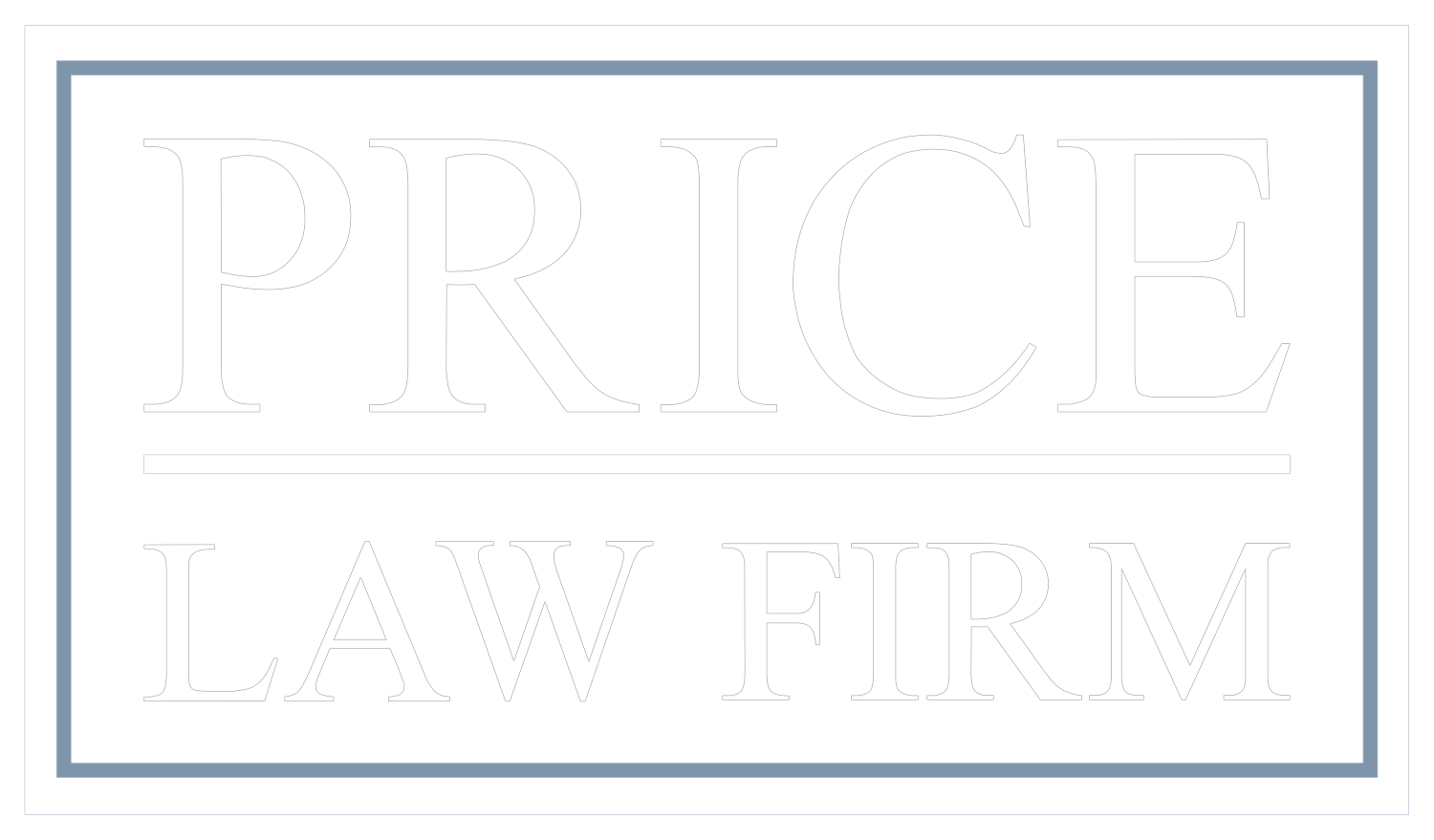
A General Release May Not Prevent Lawsuits
Landlord-tenant proceedings are often settled with written stipulations of settlement. Those written stipulations of settlement will often contain a general release. A general release is a clause intended to have each party waive all of its claims and potential claims against the other from the inception of the relationship (often the language used will indicate that the release will be from the beginning of recorded time) through the execution of the document.
A recent case decided by the Appellate Term, First Department demonstrates that a general release had better be specific or it may not prevent future lawsuits. In River York Stratford v. Linderman, 2012 NY Slip Op 22190 (1st Dept. App. Term 2012) the Civil Court and then the Appellate Term interpreted a general release that had been included in the settlement of a prior landlord-tenant proceeding that was now being used as a shield in a subsequent landlord-tenant proceeding.
All of the way back in 2001 the landlord had started a non-primary residence proceeding against the rent regulated tenant. After proceedings in court and before DHCR the case was resolved. The prevailing party sought an award of legal fees. The legal fees claim was settled via a stipulation of settlement that contained a general release containing language providing that each side was released from all claims relating to the tenant(s)’ occupancy of the subject apartment through the date of the execution of the stipulation.
Subsequently, the landlord commenced a second non-primary residence proceeding – a proceeding that could not have been started until June of 2010 – which was more than 1 year after the execution of the settlement agreement. The tenant moved to dismiss the second non-primary residence proceeding claiming that the second proceeding was barred by the general release contained in the stipulation resolving the first non-primary residence proceeding. The Housing Court dismissed the lawsuit holding that the second proceeding was barred.
The Appellate Term reversed and held that the second proceeding was viable. Importantly, the Appellate Term cited case-law standing for the proposition that a general release will only cover the intended reach of the settlement. Because the second proceeding was not ripe for litigation until more than one year after the settlement of the first proceeding it was not barred.
The lesson to be learned is that when settling a landlord-tenant proceeding each side must be careful that a general release language truly covers the intentions of the parties.
Don’t leave your legal matters to chance. SCHEDULE A CONSULTATION OR CALL US AT (212) 675-1125 for a personalized consultation and let our experts guide you through every step of the process.
Joshua Clinton Price
Founder of The Price Law Firm LLC
Josh Price is a lawyer who is sought by clients with complicated cases because of his extensive knowledge of the law and his ability to help the law evolve.
Search an article
Contact Us for a
FREE Consultation
Blog (Website Form)

Facing a real estate issue?
Contact us to schedule a consultation and get expert legal advice tailored to your specific needs and circumstances.
OR CALL US NOW AT:
SHARE THIS ARTICLE:
Recent Posts
Get Expert Legal Advice









